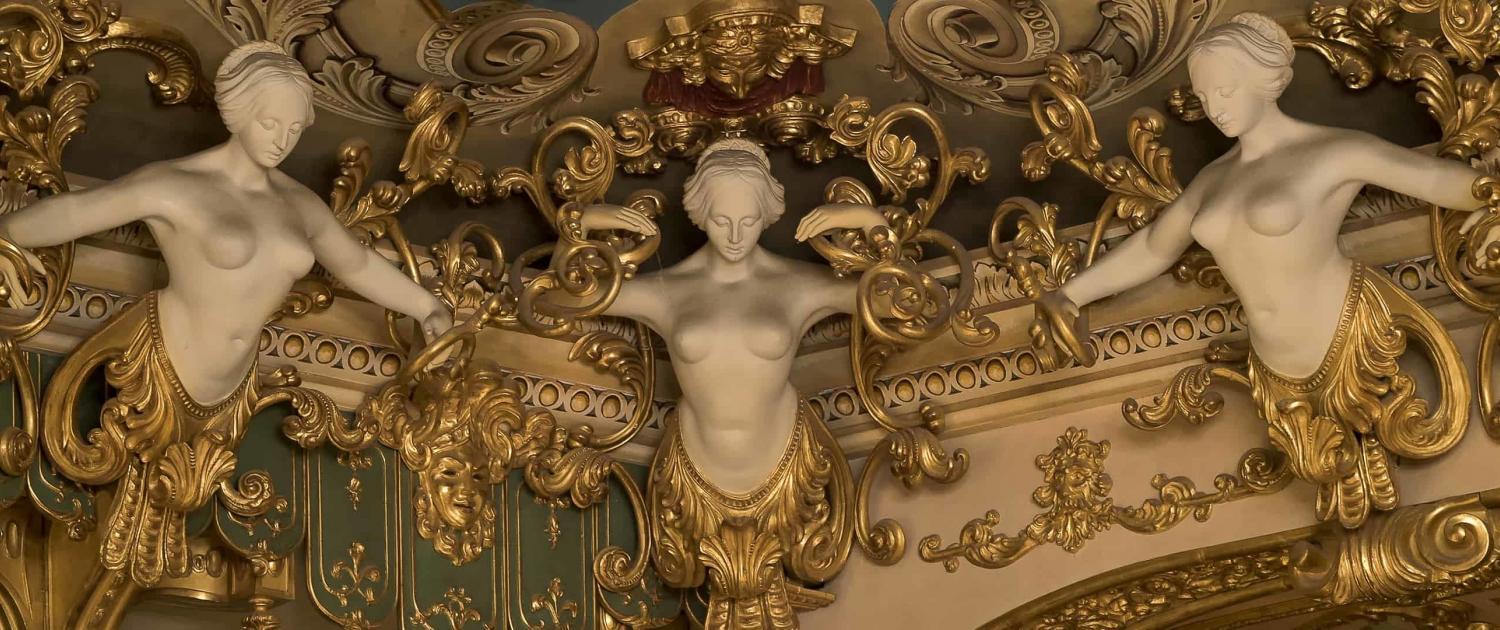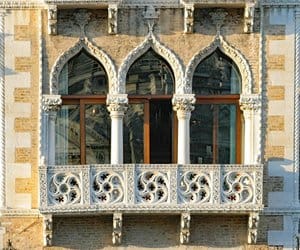“Mefistofele” is an Italian opera with a prologue, four acts and an epilogue. The work is based on Johann Wolfgang von Goethe’s play “Faust” and was both composed and the libretto written by Boito. The opera tells the story of the devilish Mephistopheles and his seduction of the scholar Faust. Mephistopheles promises power, wealth, and sensual pleasure to Faust, while Faust strives for knowledge and truth. The plot unveils the consequences of this fatal alliance and the tragedy that ensues.
The first performance of “Mefistofele” took place in Milan on March 5, 1868, and the work was later revised and performed in Bologna on October 4, 1875.
The performance at the Teatro La Fenice will be presented by a talented ensemble of renowned singers. The opera is notable for its dramatic and stirring music, which captures the depths of human existence and the lure of evil.
Teatro La Fenice
Venice is a very unique place in the world. It is so different and beautiful that it is hard to grasp unless you have been and felt it. First-time visitors are best advised to arrive well prepared and guided.
The Story of MEFISTOFELE
“Mefistofele” by Arrigo Boito tells the story of the devilish Mephistopheles and his seduction of the scholar Faust. The opera begins with a prologue in heaven, in which Mephistopheles makes a bet with God. He claims he can make Faust lose his salvation.
In the first act, Faust meets the lovely Gretchen and immediately falls in love with her. Mephistopheles supports Faust in his efforts to win over Gretchen, but their relationship leads to tragic consequences. Gretchen is wracked with guilt when her mother dies over her love affair with Faust, and her brother Valentin is forced to fight Faust. Gretchen is eventually judged by society and goes insane.
In the second act, Faust and Mephistopheles travel to the mythical city of Rome, where they witness the lavish carnival and processions. Faust meets Helena of Troy, the most beautiful woman in antiquity, and falls for her charm. He longs to be with her and Mephistopheles helps him win her.
In the third act, Faust returns to Germany and witnesses a riotous scene during the Easter walk. He realizes that the longing for inner fulfillment does not lie in outer glory and pleasure.
The epilogue shows Faust’s death and his salvation by God’s grace. Mephistopheles is defeated, and Faust finds salvation and attainment of eternal life.
“Mefistofele” is a complex opera that covers a variety of themes such as the quest for knowledge, the pursuit of pleasure, seduction and redemption. She explores the duality of the human spirit and asks questions about the meaning of life, morality and destiny. Through masterful music and engaging drama, Mefistofele creates a fascinating and profound operatic experience.
Cast and Creative Team of the Opera "Mefistofele"
La Fenice production
Missing roles are going to be defined and we will publish them soon
Mefistofele • Alex Esposito
Faust • Piero Pretti
Margherita • Maria Agresta
La Fenice Orchestra & Choir
Conductor • Nicola Luisotti
Chorus Master • Alfonso Caiani
Children’s Choir Piccoli Cantori Veneziani
Direction • Moshe Leiser & Patrice Caurier
Sets • Moshe Leise
Costumes • Agostino Cavalca
Lighting • Christophe Forey
video • Etienne Guiol
choreography • Beate Vollack
Performance Dates MEFISTOFELE
Choose a performance (date format YYYY-MM-DD)
Operas, Ballets, Concerts of the Season
At the Teatro La Fenice, Venice





